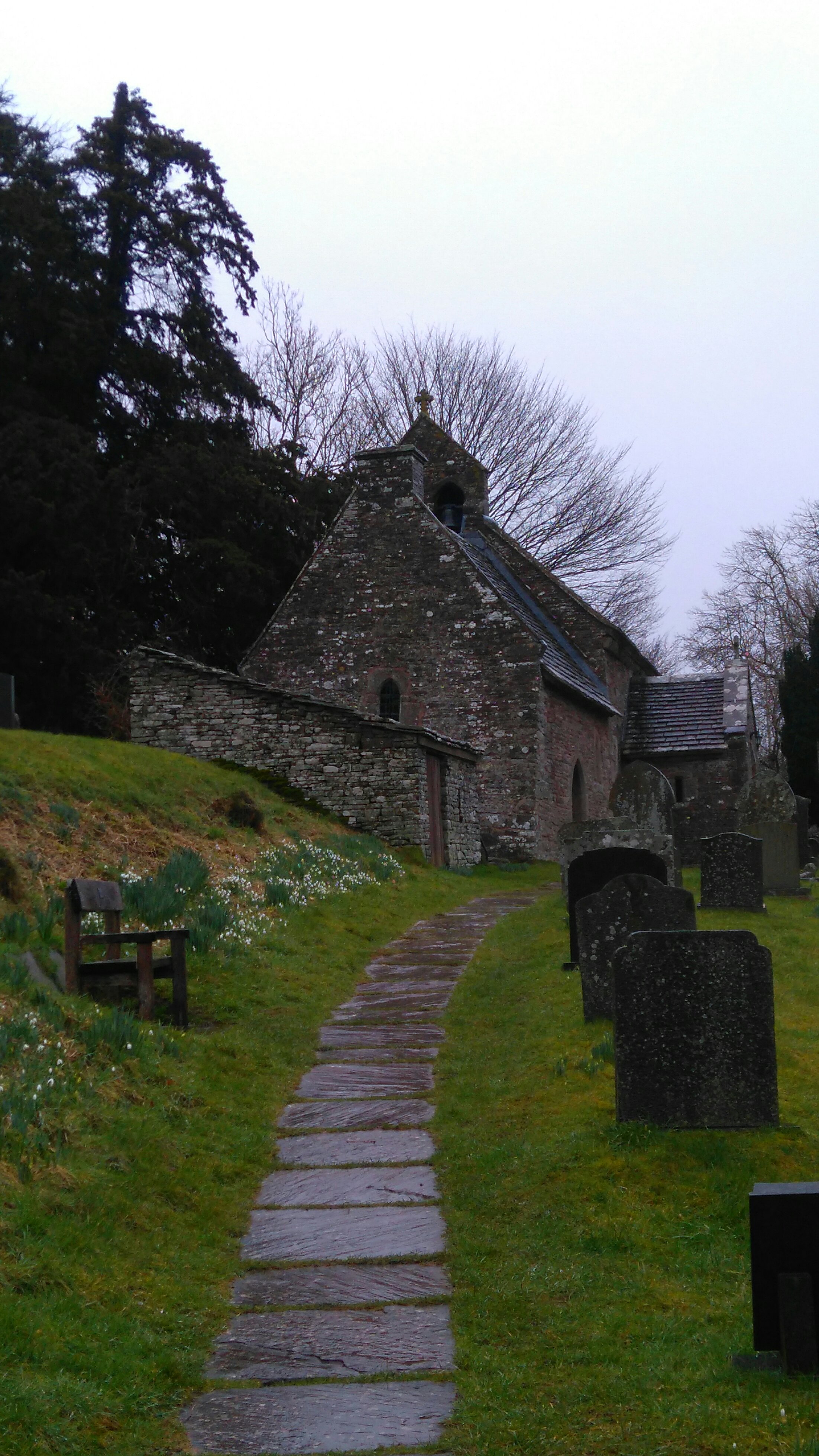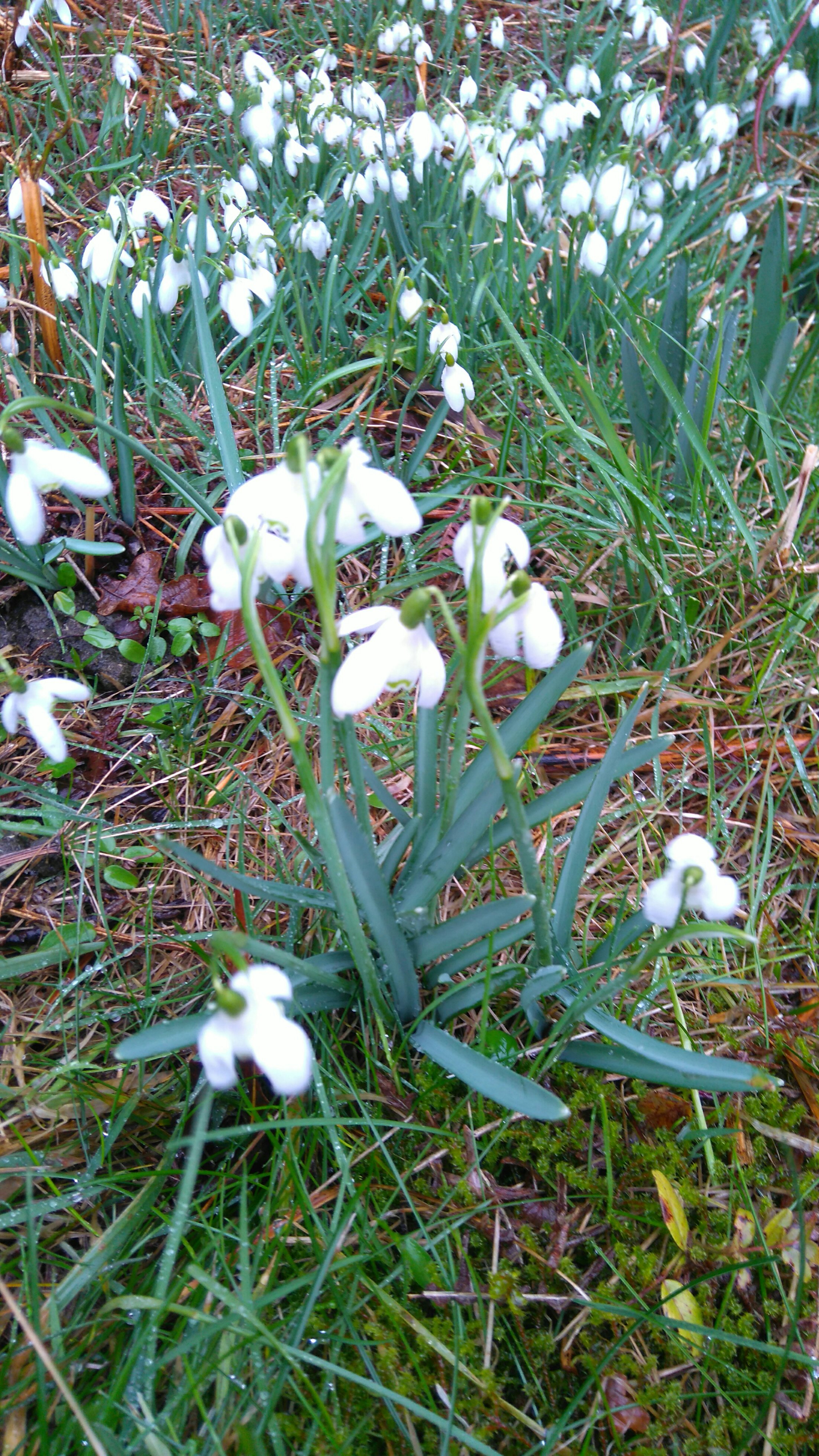On a walk in the Yorkshire Dales, a boy aged 14, told me ‘You can’t believe anything you read in the Bible. I don’t believe any of it’. Are you surprised by his statement or does it fulfil your stereotype of 14 year old boys?
Another 14 year old boy told me, as Advent began one year: ‘Advent is about repentance, why don’t you preach about that?’
Boys of 14 are as varied as any other section of the population.
I meet adults who tell me they stopped attending church when they were about that age. Mid teens is an interesting time for faith, for identity and pretty much everything else in life. And that’s where the church comes in or rather it doesn’t. ‘Losing heart’ was a report last year about how churches were becoming less confident in their ministry to young people. Importantly, they were failing to answer the questions young people asked. More recently the Church Army (https://churcharmy.org/Groups/295770/Church_Army/ms/Young_Adults_research/Young_Adults_research.aspx), the Church Times (https://www.churchtimes.co.uk/articles/2018/19-january/features/features/why-i-left-church-in-my-teens) and others have published reports and articles (https://jamesballantyneyouthworker.wordpress.com/2018/01/10/what-role-do-young-people-play-in-your-church-youth-group/amp/?__twitter_impression=true) on young people and faith, what it’s like, how to nurture it, how it goes, what hinders it (for example, http://discipleshipresearch.com/2018/02/losing-my-religion-millennials-and-faith-loss/).
As a school Chaplain they have interested me. They seem to point to the need for denominations to do a costly new thing if they are really going to encounter young people where they are. And that it seems is the problem.
Imagine if you can, a small school on the edge of a city in the north of England affiliated to a small, dwindling and ageing denomination. In that school a chaplaincy, open to all, touching the lives of more than just the students through staff, family, friends and former students. It’s there for them in the ups and downs of life, promoting good mental well being, giving, respect and how we might all ‘become peacemakers and builders of justice’, interpreting the Bible together, praying.
For five years this pioneering ministry was supported by the regional branch of that ageing and dwindling denomination, until about 4 years ago it decided that this particular expression was surplus to requirements.Upsetting and incomprehensible to those of us involved in the school and chaplaincy, we have now moved on to live and thrive in the school for the last two years.
Essentially two questions about resources and practice dominated the review of the chaplaincy four years ago. How much it cost financially and how it was taking potential ministry away from more traditional expressions of church. None of the reviewers addressed the faith development needs of the children and young people in the school, clearly indicating that, at the time they were of less value than the ageing and dwindling members in the traditional local churches. Retaining small numbers of older people, and the buildings they huddled into, was the mission of this kind of church. The prophetic voice was ignored, silenced and unwanted as it was uncomfortable.
What if we consider a different situation for a moment? Vincent Donovan, Catholic priest and missionary, tried to explain his experience of working with rural people in East Africa in the 1960s. Against the preferred way of operating advocated by his order at the time, he began to narrate the gospel in local villages. Eventually he asked those who had gathered to hear him, through the local village leaders, if they would choose baptism. When he received a positive reply, he tried to moderate the response, using his priestly eye to sort the wheat from the tares or the sheep from the goats. When he did that, he was gently but firmly reminded that he had invited everyone to be baptised.
The story illustrates both the costly and random nature of human response to the gospel. We have little if any control over the response, although the church mostly tries to do just that.
Yorkshire in 2018 is not East Africa in the 1960s but some of these observations hold true. The church still wants to regulate the gospel, who gets is and whether they have a right to it for example. Chaplaincy, which is open to everyone, is often rejected by the church: too costly and outside the church’s direct control. It includes too many people who will not have passed the church’s test for inclusion.
In the ageing and dwindling local churches faith issues will likely be different. The marks of faith in older people, the questions and resources needed to answer them are not necessarily the same as those needed for several hundred children and young people. The chaplaincy is a faith community that changes by up to 90 students every year and in which everyone moves on to new challenges and responsibilities in the same time frame. No one keeps the same role for forty years. Everyone learns something about their potential for leadership and what it means to ‘serve God and each other’ daily. In some ways it is monastic in its qualities. Daily work and regular worship side by side.
As the pioneer minister in the post it has been a difficult time. Challenging personally, in my own relationships, to my sense of call and identity and to my own adult faith development. Fortunately, outside the ageing and dwindling denomination, the Holy Spirit moves quite freely and there has been much evidence of energy transfer between disciples of all ages through the chaplaincy in this time, as we have ministered to each other.
Four years later, we begin to emerge differently. Like most of the young people, as far as I can tell, I no longer feel owned or obligated to the denomination that set me there and then abandoned us. So is this still part of the church? Again, as far as I can tell, it has the marks of a faith community. It experiences success and failure, people grow in their faith, worship appears relevant and reverent, God inspired, Spirit filled and Christ and focused.
In a school Chaplaincy everyone gets to hear if they wish to listen. And they do: needs are responded to, people are valued. Nearly a dozen people of all ages from 6 to 55 have asked to be baptised in the last 8 years of the chaplaincy. Did they pass the test? There was no test.
In our life and our believing
The love of God
JAL 01.03.2018
The feast of St David, missionary, preacher.

